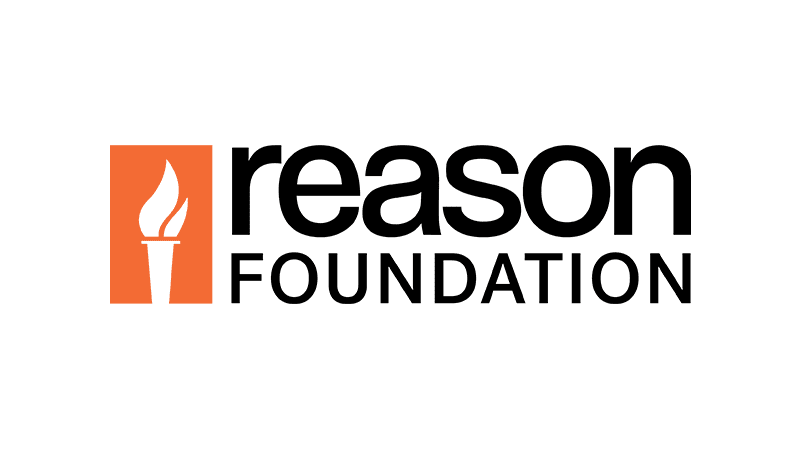Julian Morris is a senior fellow at Reason Foundation.
Morris is currently the director of innovation policy at the International Center for Law and Economics. He graduated from the University of Edinburgh with a master's degree in economics. Graduate studies at University College London, Cambridge University and the University of Westminster resulted in two further master's degrees and a Graduate Diploma in Law (equivalent to the academic component of a JD).
Morris is the author of dozens of scholarly articles on issues ranging from the morality of free trade to the regulation of the Internet, although his academic research has focused primarily on the relationship between institutions, economic development and environmental protection. He has also edited several books and co-edited the Electronic Journal of Sustainable Development.
Before joining Reason, Morris was executive director of International Policy Network, a London-based think tank which he co-founded. Before that, he ran the environment and technology programme at the Institute of Economic Affairs, also in London. Morris has also been a visiting professor in the Department of International Studies at the University of Buckingham (UK).
-
Fuel Economy Standards Hurt Consumers and the Economy
Mileage-based user fees are better suited to address the pollution associated with vehicle use.
-
Voluntary Energy Standards: ISO 50001 and the Superior Energy Standard
The extremely small number of certified sites is evidence that either the standards are not suitable for the vast majority of U.S. companies, or that the way they have been promoted is unsuitable.
-
The Effect Of Corporate Average Fuel Economy Standards On Consumers
CAFE standards distort manufacturers’ incentives, forcing them to produce new vehicles with lower gas consumption than would be preferred by consumers.
-
Reducing Red Tape Would Expand Rural Access to High-Speed Broadband
Widespread installation of 5G using small cells could dramatically improve the lives of people living in rural areas.
-
Comment on Proposed Pesticide Experimental Use Permits
Unfounded fears about this safe technology should not prevent it being implemented as part of the solution to a serious health problem.
-
Climate Change, Catastrophe, Regulation and the Social Cost of Carbon
Existing federal regulations predicated on a positive SCC should be re-evaluated, with the appropriate comparator being regulations that specifically address any co-benefits identified.
-
Federal Fuel Economy Standards are Costly, Inefficient and Harm the Environment
New vehicles sold in the U.S. must comply with Corporate Average Fuel Economy (CAFE) standards to reduce greenhouse gas emissions despite studies showing that these standards are both costly and inefficient.
-
CAFE and ZEV Standards: Environmental Effects and Alternatives
Requiring manufacturers to comply with fuel economy standards, rather than using a more cost-effective alternative policy tool to achieve the same goals, likely harms the environment.







